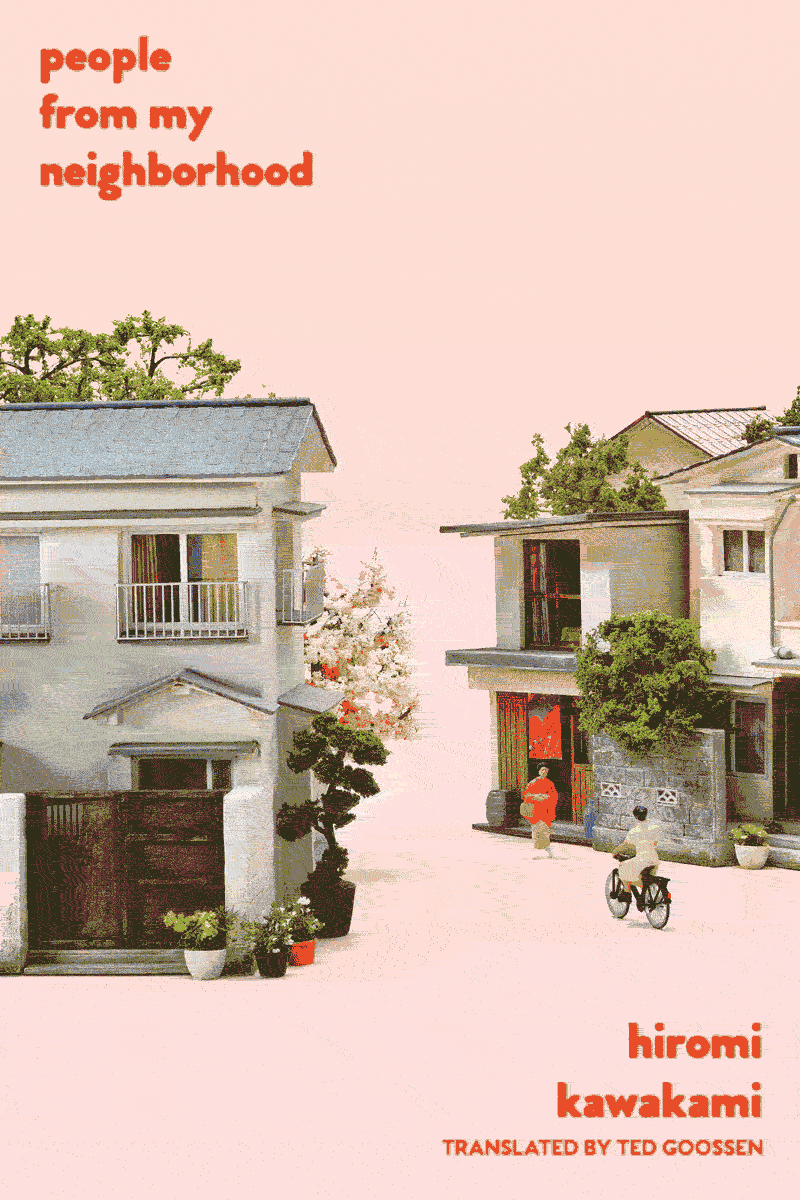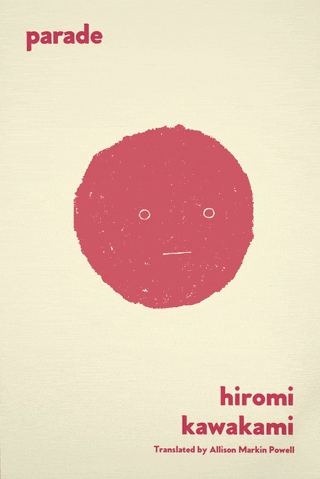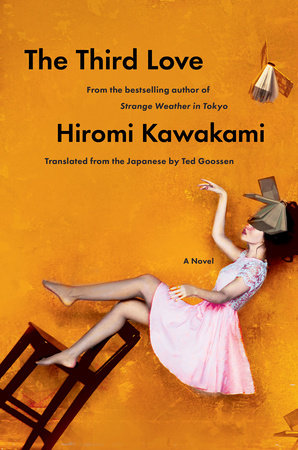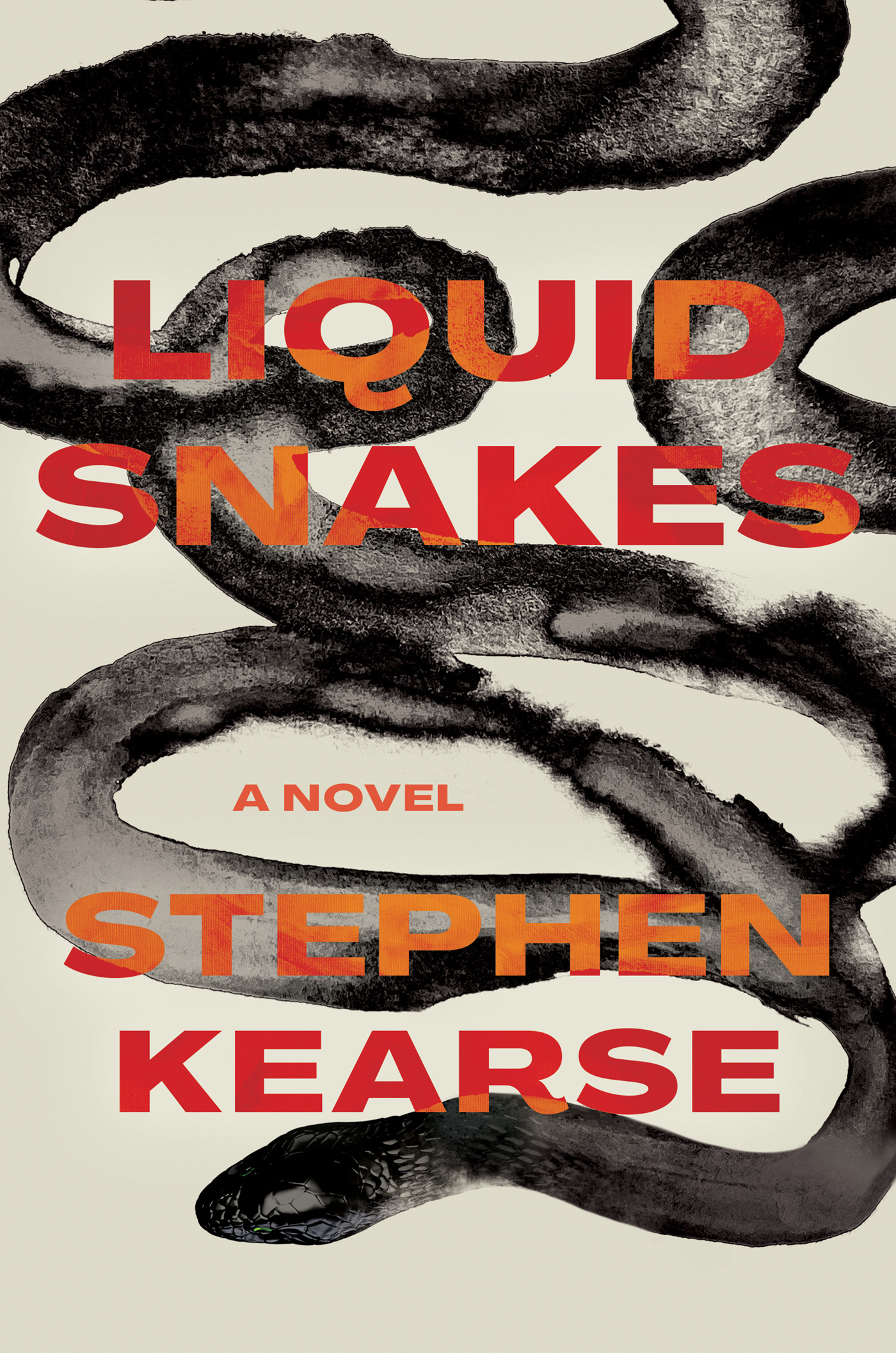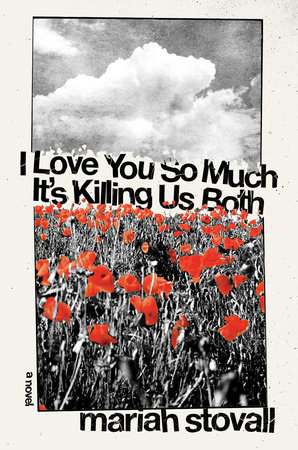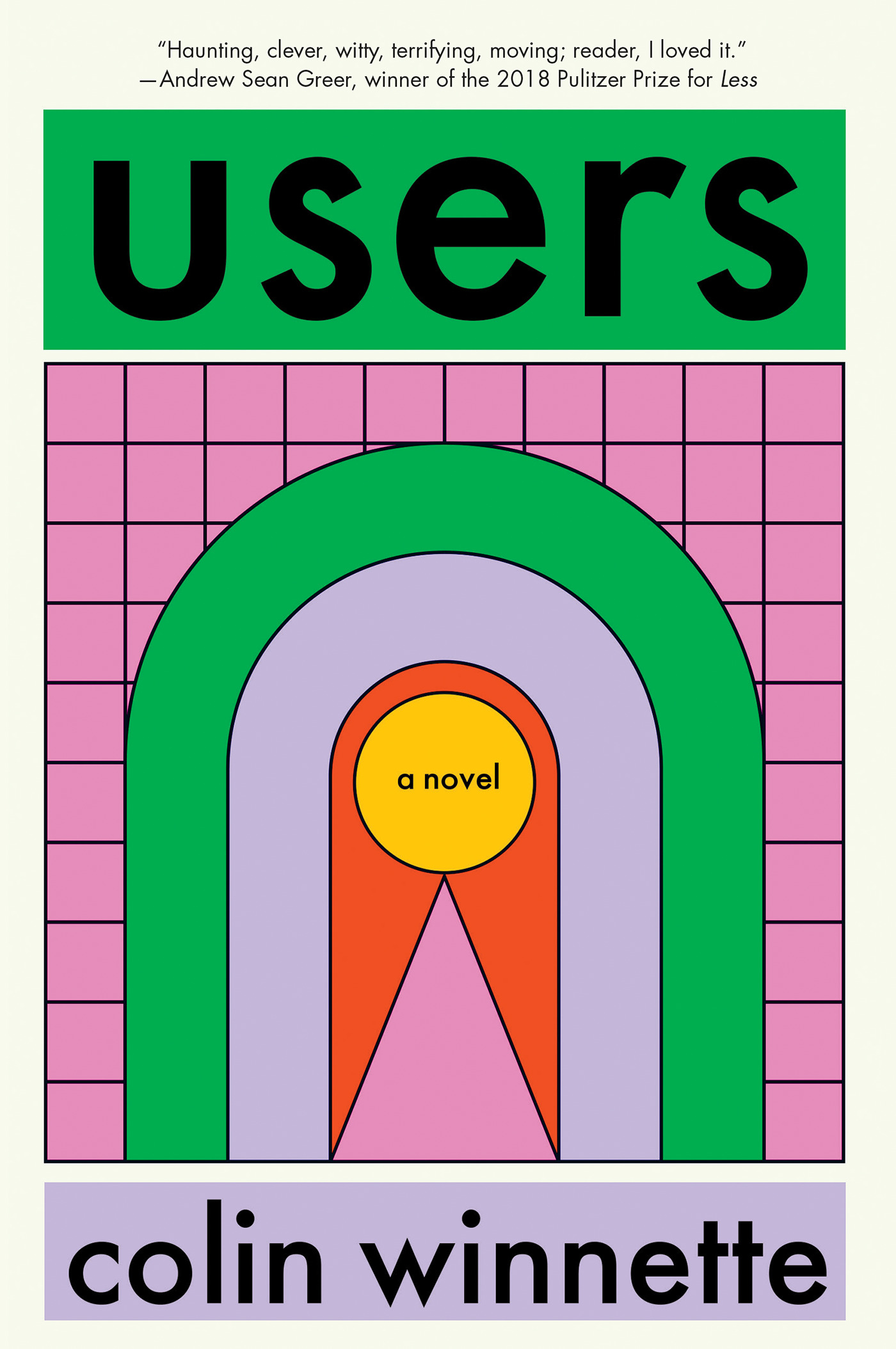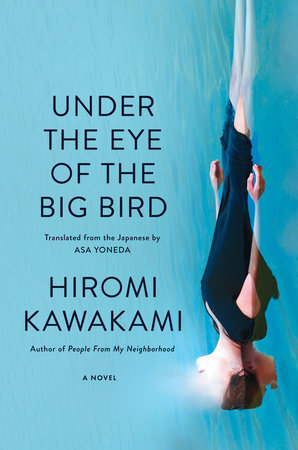
Under the Eye of the Big Bird
A Novel
Hiromi Kawakami & Asa Yoneda
On Sale: 05/20/2025 | $17.95
9781593768072 | Paperback 5-1/5 x 8-1/4 | 256 pages Buy it Now
On Sale: 09/03/2024 | $27
9781593766115 | Hardcover 5-1/2 x 8-1/4 | 288 pages Buy it Now
Book Description
SHORTLISTED FOR THE INTERNATIONAL BOOKER PRIZE
From one of Japan’s most brilliant and sensitive contemporary novelists, this speculative fiction masterpiece envisions an Earth where humans are nearing extinction, and rewrites our understanding of reproduction, ecology, evolution, artificial intelligence, communal life, creation, love, and the future of humanity
In the distant future, humans are on the verge of extinction and have settled in small tribes across the planet under the observation and care of “Mothers.” Some children are made in factories, from cells of rabbits and dolphins; some live by getting nutrients from water and light, like plants. The survival of the race depends on the interbreeding of these and other alien beings–but it is far from certain that connection, love, reproduction, and evolution will persist among the inhabitants of this faltering new world.
Unfolding over fourteen interconnected episodes spanning geological eons, at once technical and pastoral, mournful and utopic, Under the Eye of the Big Bird presents an astonishing vision of the end of our species as we know it.
Praise For This Book
SHORTLISTED FOR THE INTERNATIONAL BOOKER PRIZEThe Millions, A Most Anticipated Book of Summer
"Haunting . . . Less experimental fiction and more fiction on the human experiment—what kinds of new approaches to mating, community and family will allow people to survive? . . . [Kawakami] finds humor and warmth in the puzzles of existence and extinction." —Hilary Leichter, The New York Times Book Review
"Under the Eye of the Big Bird is a disquieting work of speculative fiction from celebrated Japanese author Hiromi Kawakami . . . [It] offers a poignant look at a dying civilization looking to rebuild . . . Kawakami poses questions about cloning, reproduction, identity, memory, and evolution, while also offering solutions to combat mankind’s downfall." —Shannon Carlin, Time
"A series of interconnected vignettes that take place in a world in which sexual reproduction, family ties and societal roles have been reimagined . . . an atmospheric vision of a civilization adrift." —Thu-Huong Ha, The Japan Times
"[Kawakami's] terse, candid prose emphasizes the alienation of a world where death, sex, and clones all feel equally mechanical. At the same time, the processes by which these not-quite-humans begin to re-create religion and society feel innately familiar." —The New Yorker
"Under the Eye of the Big Bird is full of precisely considered visions of a world post-mysterious collapse, all calmly related in language that is strangely soothing; there’s a sense of inevitability to each of Kawakami’s sentences and stories, even when what’s inevitable is the fading of humanity . . . the work of a singular imagination and a book that will reward multiple readings." —Molly Templeton, Esquire
"An accomplished mosaic novel spanning thousands of years, it investigates change on the grandest scale: the evolutionary fate of humanity . . . The power and the pain of the novel lies in its ability to bridge between humanity as an abstract and humanity as a characteristic, to pick out moments from a vast sweep of time and show their insignificance and their simultaneous, ultimate importance. The novel ends with a plea from a speaker who doesn’t know if they will ever be heard: I wanted to reach back into the page and say, you are." —Niall Harrison, Locus Magazine
"Kawakami takes her idiosyncratic and quirkily funny eye to science fiction . . . With signature style, Kawakami writes a distinct and off-kilter epic of Earth on the brink of collapse across 14 distinct geological epochs." —Sam Franzini, Our Culture Mag
"It's as if all of the stories Kawakami had accumulated inside her brain suddenly broke through its membrane and burst into the world. I have a feeling that Hiromi Kawakami will someday win the Nobel Prize." —P+D Magazine
"One of the most intriguing works of speculative fiction that I’ve read in years . . . Under the Eye of the Big Bird is a book about the end of the world, but it’s also one of the kindest and most hopeful works of speculative fiction I’ve had the pleasure to read. Reading this book for the first time was a unique experience, but the impact of its stories linger." —Kathryn Hemmann, Contemporary Japanese Literature
"[A] visionary speculative work . . . This will stay with readers." —Publishers Weekly
"[Kawakami] examines the disturbing fate of humanity, intriguingly fused with biblical references and (r)evolutionary theories. Notable translator Yoneda deftly captures Kawakami’s meticulous balance of doom-and-gloom and a surprisingly poignant charm." —Booklist
"Speculative, artful . . . [It] sketches out the end of the world while simultaneously positing nearly unthinkable solutions and grappling with fundamental questions about identity, evolution, memory, and individualism . . . A wild take on humanity’s last stand and our flawed understanding of who we are." —Kirkus Reviews
“No other book of hers convinces me more that Kawakami used to be a teacher of chemistry. A sad but beautiful depiction of a perishing world.” —Banana Yoshimoto
"When I finally closed this book, I felt as though I'd become one of Kawakami's narrators. I even found myself glancing behind me to make sure no one was watching. Calling this book 'worth reading' does it hardly any justice at all."--Yukiko Motoya, author of The Lonesome Bodybuilder
"This delicate story about the future of humankind is fantastical, serious, and nostalgic. I was absolutely stunned by it."--Yasutaka Tsutsui, author of Paprika








